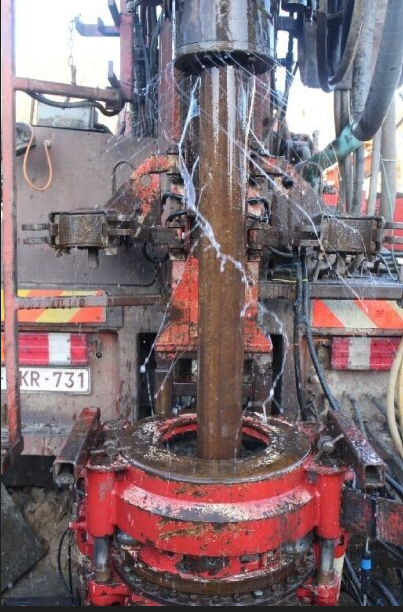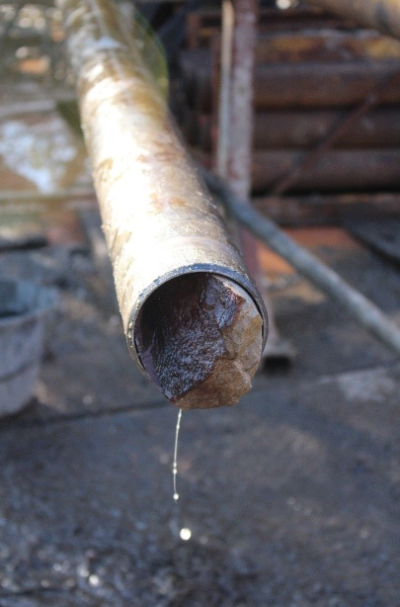GeoCamb
Completed
01.03.20 → 29.02.24

While the EU is on track to meet its goal of 20% renewable energy production in 2020, Belgium’s target number, i.e. 13%, is projected not to be reached (European Commission, 2019). To achieve the required renewable energy share in the total energy use in Belgium, geothermal energy can play a substantial role, especially in the heating sector, which accounts for 48% of the total use of energy. Both shallow and deep geothermal energy have potential to contribute to this energy share. In Belgium, the use of shallow geothermal energy (SGE) for heating, cooling and seasonal storage has the potential to become a key instrument for reducing the dependency on energy imports and lowering emissions by enhancing the decarbonization of the heating and cooling market.

The main objective of the GeoCamb project is to evaluate the demand for geothermal energy to heat public buildings and to investigate the geothermal potential of the Cambrian bedrock, sub cropping beneath the Flemish and Walloon Brabant provinces and the Brussels region, to meet this demand. The depth of the Paleozoic bedrock in those areas (up to 300 m) is adequate for the installation of both open and closed loop shallow geothermal systems

Nowadays, the few shallow geothermal systems installed in those areas end at the contact between the soft superficial Tertiary rocks and the Cambrian hard rocks due to the lack of geological and hydrogeological knowledge of the bedrock. However, some recent limited explorations have shown the probable high potential of the Cambrian bedrock (high thermal conductivity, large groundwater flow) but also its large heterogeneity.

First, an exploration phase will be setup by GSB/UGent/BBRI and ORB to gather information on the top, nature, structure and geothermal potential of the Cambrian bedrock through geophysical methods. This will be realized by drilling, borehole measurements in certain private projects (using the win-win approach already developed in BruGeo ), and innovative geophysical campaigns. Besides investigating the underground parameters, the GeoCamb project will also evaluate the possibility of using geothermal systems in public buildings.
Finally, GeoCamb will dedicate a lot of attention to the economic and environmental impact of such a geothermal project. The influence between the 3 open geothermal systems at Tour & Taxis is the perfect occasion to understand whether interference arises between the 2 main aquifers systems in case of future co-existing projects. The possible environmental impact of Cambrian geothermal installations will be evaluated. An economic evaluation will also be performed to demonstrate the efficiency of existing buildings heated by Cambrian systems and non-Cambrian systems, along with the monitoring of certain exploitation parameters.
The project intends to invest significant time and resources in raising public awareness and promoting the importance of federal funded projects to society, as well as to ensure that potential stakeholders and policy makers follow up our progress and benefit from the GeoCamb results.
Funding
Belgian Science Policy Office (BELSPO)
Internal member
- Estelle Petitclerc
Other members
- Gerard Pierre (ULB)
- Van Lysebetten Gust (CSTC)
- Van Noten Koen (ORB-KSB)
- Walraevens Kristine (UGent)
Partners en sponsors

![]()

